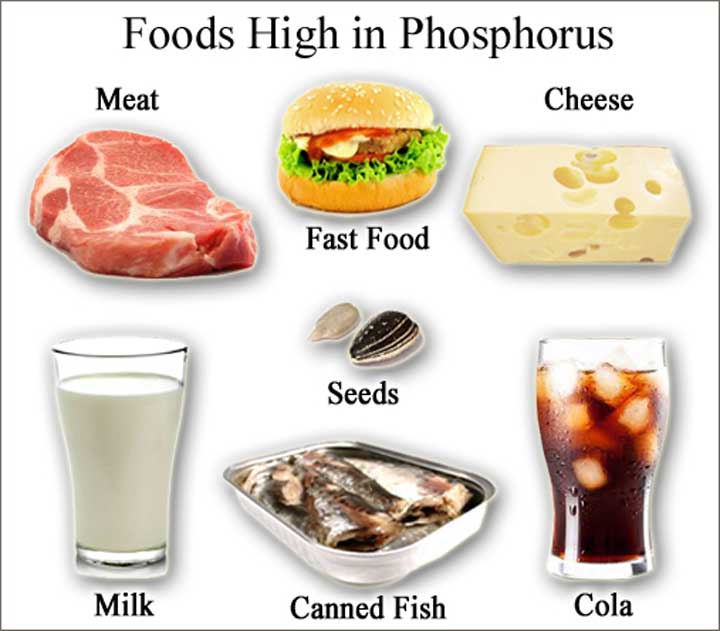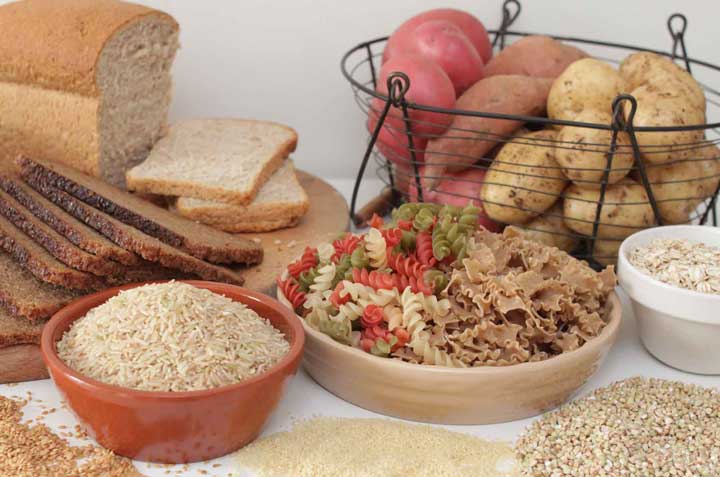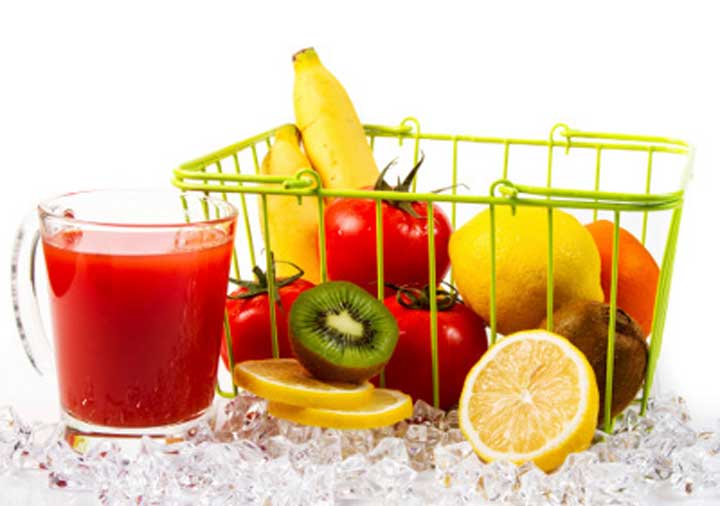Health
Here Are Some Diet Recommendations for Individuals With Chronic Kidney Disease
Chronic Kidney Disease (CKD), characterised by the failure of the kidneys to carry out necessary functions, is an ever-growing problem in India.
A Background To Chronic Kidney Disease
The kidneys play a major role in ensuring the overall health of an individual’s body as they filter out waste products, maintains blood pressure and synthesises vitamin D which helps with bone growth and strength.
With CKD, the kidneys carry out these functions much slower than normal.

Over time, the kidneys begin to function more and more slowly, putting the body at a higher mortality risk and making it more vulnerable to cardiovascular disease or even cancer. Chronic Kidney Disease in general can lead to a lower quality of life for an individual.
Causes, Symptoms and Diagnosing CKD
Individuals with hypertension and diabetes are more at a risk of developing CKD. Other causes include genetics, infections, polycystic kidney disease as well as hereditary factors; if an individual has family members with CKD, they are more likely to develop it themselves.
The symptoms of CKD are mild in its early stages but tend to become more obvious as it progresses. Common symptoms include dizziness, breathlessness, fatigue, swelling, rashes, and nausea.
If evidence points to the possibility of CKD a doctor can carry out a variety of tests to diagnose the condition including blood tests, urine tests and a kidney sonography.
Treatment and Management
While CKD is a lifelong disease, there are various ways to slow it down or halt it from progressing to the fifth stage of the condition, known as ‘End Stage Kidney Disease’. These include managing diabetes and blood pressure to ensure that it does not get out of hand and aggravate the CKD.
Other management techniques include diet control and, in the latter stages of CKD, dialysis, in which kidneys are manually cleansed of toxins. Here are dietary factors that a patient with CKD should know about:
Low Versus High Protein Diet
Many medical practitioners recommend a low protein diet for patients not on dialysis. This is because when the body digests protein, urea – a waste product – is produced. Normally, the kidneys dispose of the urea, but if not functioning properly the urea can build up in the blood, causing fatigue.
Therefore, cut down on your intake of protein daily, trying to limit yourself to 1 gram per kilogram of your body weight a day.
However, once a patient starts dialysis, they should switch to a high protein diet to replace the tissues that are lost in the process. Protein rich foods include fish, poultry, meat and dairy – depending on the stage of CKD limit or increase their intake as necessary. Vegans can try breads, cereals, beans or pasta.
Limit Foods High In Phosphorus
Phosphorus, a mineral found in bones typically helps maintain strong bones. However, excess levels of phosphorus can leech calcium from the bones making them brittle and more liable to breaking. Functioning kidneys work to remove excess levels of phosphorus, but an individual with CKD needs to cut down on phosphorus rich foods as the kidneys can no longer carry out this task.
High phosphorus foods include cheese, custard, milk, yogurt, ice cream, colas, carp, chicken liver and other offal, lentils and beans, seeds and nuts. As you can see, some of these foods are the same an individual on a high protein diet would need to take in, so consult with a dietician for alternative protein supplements you can take if you need to limit your intake of phosphorus.
Increase Your Intake Of Carbohydrates
Many experts recommend increasing your intake of carbohydrates if you are put on a low protein diet as they can help make up for the calories lost from not eating a lot of protein. However, ensure that the carbohydrates you eat do not contain high phosphorus levels or – if you’re a diabetic -a large amount of processed sugars.
Fluids
As your CKD progresses, a doctor will recommend you reduce your intake of fluids as a fluid build-up can cause breathing problems. Monitor your intake of fluids as per doctor advice and cut down on eating water rich foods like fruits, ice cream, soups and tomatoes.
Limit Sodium Intake
As well as helping you manage high blood pressure, which is one of the causes of CKD, a low sodium diet will ensure you feel thirsty less often. Having less sodium in your body will allow it to release extra fluid more easily.
Try not to add too much salt to your daily meals, snack on unsalted munchies and study the sodium content of processed food packaging before eating it.
While these are some general tips that an individual with CKD can follow to improve their quality of life, it’s important to realise that according to the stage and causes of the condition, dietary advice can change. So, use this information as a supplement to doctor recommendations and consult with a dietician to reach a diet plan that will allow you to reach the highest quality of life possible with the condition.
Image Source: https://www.nutrientsreview.com/minerals/phosphorus-phosphate.html

























